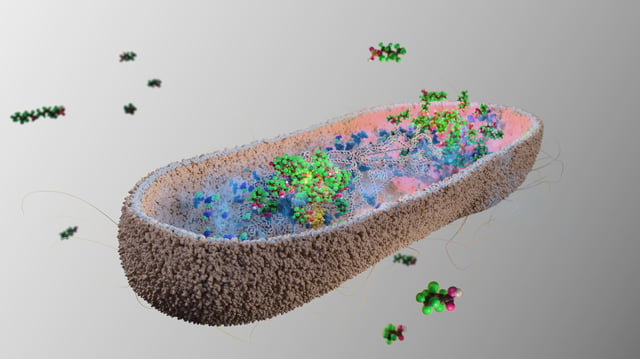Overview
- A Journal of Hazardous Materials study finds chronic low-level PFAS mixtures accumulate in mouse brains, cross the blood–brain barrier and disrupt memory, behavior and neuronal health.
- University of Rochester researchers report that developmental PFHxA exposure causes long-term anxiety-related behaviors and memory deficits in adult male mice.
- University of Cambridge scientists identify gut bacteria that absorb 25% to 74% of PFAS within minutes in humanized mice, significantly boosting faecal excretion.
- While microbial PFAS sequestration shows promise for bioremediation, its efficacy and safety have not yet been tested in human trials.
- Public health experts are calling for regulators to reevaluate safety limits and mitigation strategies for both short-chain and legacy PFAS in water and consumer products.

